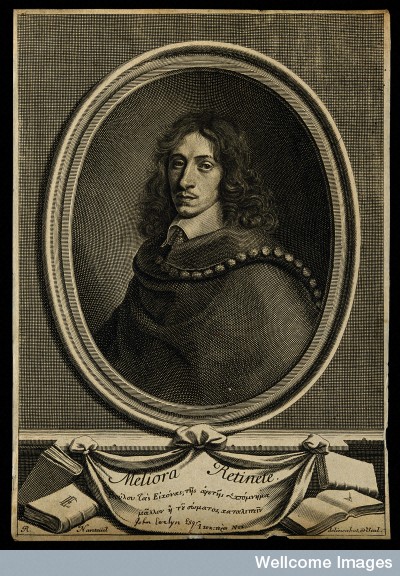
John Evelyn was a seventeenth-century writer and gardener. He kept notes from which he compiled a diary, the Kalendarium. This tells the story of his life from 1620 through to 1706.
During the era of the civil wars Evelyn spent the majority of his time on the continent. He was present at the battle of Brentford but realising that he could offer little service to the king returned to France. It was during his Grand Tour of Europe (in 1647) that Evelyn met and married his wife Mary Browne – daughter of Sir Richard Browne who was living in Paris.
I have been reading an edited version of Evelyn’s Kalendarium looking for his experiences of ill-health and sickness. In May 1646 for example Evelyn was struck down with Small Pox. He had begun to feel unwell while travelling and noted that on arriving in ‘Beveretta’ he was,
extreamly weary & complaining of my head, & little accommodation in the house, I causd on[e] of our Hostesses daughters to be removed out of her bed, & went immediately into it, whilst it was yet warme, being so heavy with paine & drowsinesse, that I would not stay to have the sheetes chang’d.1
Evelyn wryly commented that he ‘pay’d’ for his impatience by falling sick of the small pox on his arrival in Geneva. Here he was extremely poorly, he explained that he ‘was constrain’d to keepe my Chmaber, Imagining that my very eye would have droped out’. He experienced a ‘stinging’ all over his body and could not sleep. He was treated by a doctor who had been physician to Gustavus ‘the greate king of Sweden’, and was cared for by ‘a vigilant Swisse Matron whose monstrous Throat, when I sometimes awak’d out [of] unquiet slumbers would affright me’. Evelyn recovered of the small pox, although later he was to lose two daughters – Elizabeth and Mary – to the disease.
Earlier in his grand tour, taking cold seems to have been a particular problem for Evelyn. While we talk about colds as a particular illness, Olivia Weisser has shown that for early modern people a range of conditions caused by exposure to the cold could be labelled as ‘colds’. Exposure to cold air or wind could cause headaches, fevers, numbness, and pain (Weisser’s book is excellent and I strongly recommend it to those who are interested in how patients experienced and coped with illness in this era!).2
While in Padua in 1645 he had taken to drinking ‘ my Wine coold with Snow & Ice, as the manner here is, I was so afflicted with an Angina & sore Throat, that it had almost cost me my life’. But the episode of cold I have found most interesting occurred in June of that year. After travelling from Rome to Venice John was exhausted and decided to recuperate in a local bath house. This turned out to be a mistake, in his haste to continue looking at the sights he didn’t take adequate precautions to protect his newly hair-free open-pored body and he was struck with a cold. Many people believed at this time that bathing could be dangerous because it opened the pores of the body making it vulnerable to cold and other external factors. Evelyn describes the tale as follows:
A brief interlude designed to restore the weary traveller thus became a moment of crisis and illness. It is not clear whether Evelyn thought that the removal of his hair particularly added to his bodily vulnerability. Given that a few months later he was suffering from having exposed his body to cold wine, it is also not clear whether Evelyn learnt to better protect himself from the cold from this episode.
___________
- The Diary of John Evelyn edited by E. S. de Beer (London: OUP, 1959).
- Olivia Weisser, Ill Composed: Sickness, Gender and Belief in Early Modern England (New Haven and London: Yale University Press, 2015).
- The Diary of John Evelyn edited by E. S. de Beer (London: OUP, 1959).
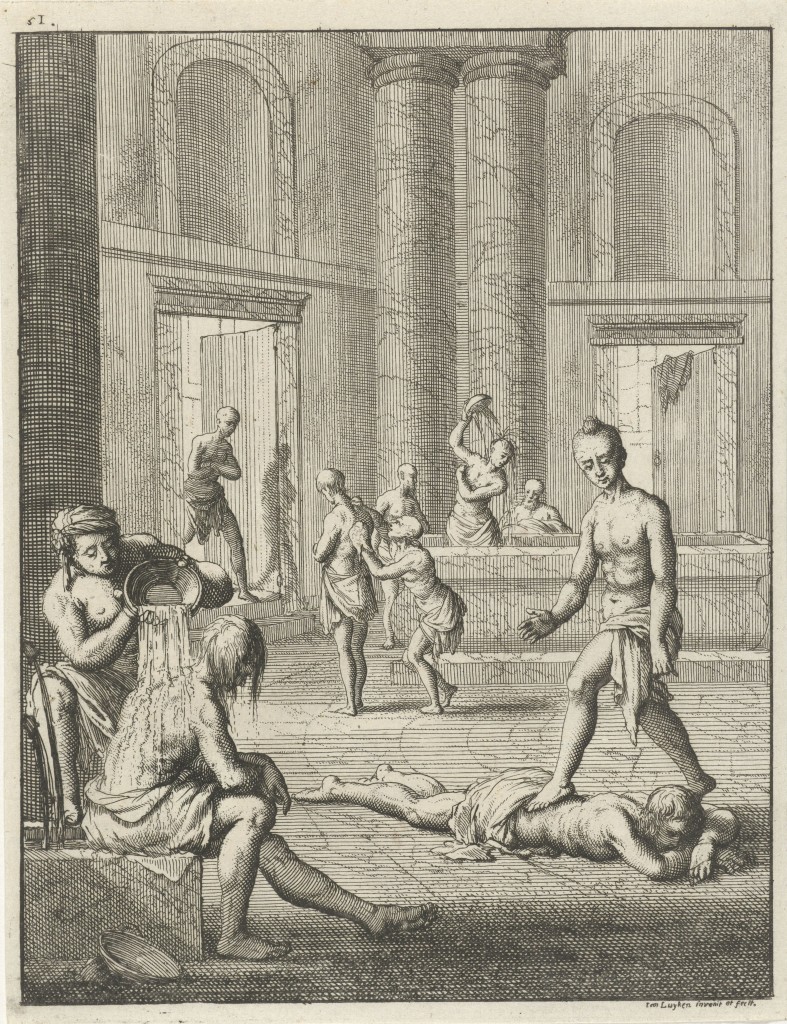
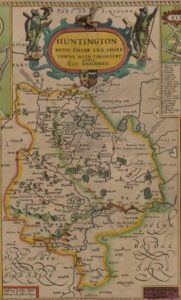
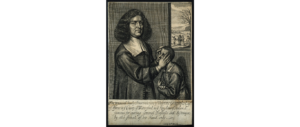
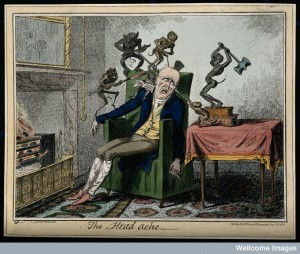

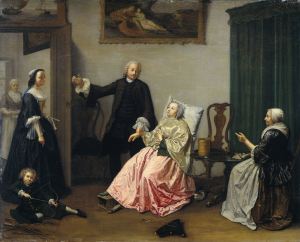
One thought on “Catching Cold”
Comments are closed.